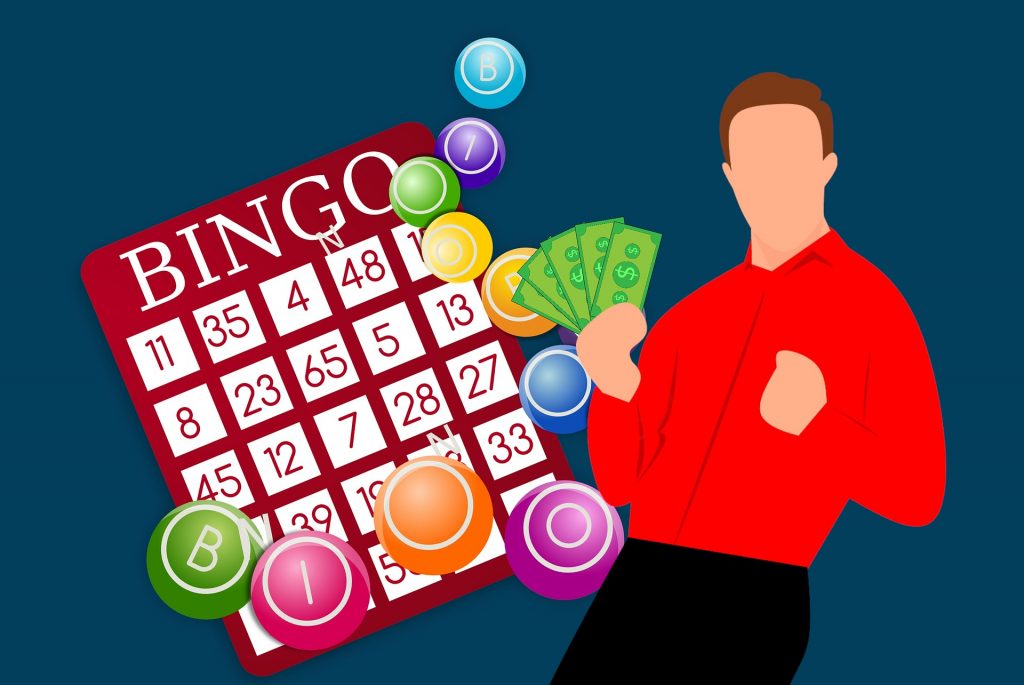The house was offered up as a prize in a charity raffle for Cancer Research, which appaz made the owners guilty of illegal gambling.
What it means: Normally, if you want to get your hands on a house in Britain, you should be expecting a price tag of hundreds of thousands - the average home goes for around £225,621. So bagging a place for tenner, especially when said place has an outdoor heated pool, log cabin, hot tub and orangery (we’re not even sure what the point of that is, but man do we want one now) sounded like a deal too good to be true.
And so it was. Here’s what happened: the owners of the house said they would put their home, worth half a million quid, in a raffle. Raffle tickets were a tenner, and there were 60,000 of them (mathletes amongst you might notice that would net the couple £600,000, or £100,000 more than the original valuation). They said they’d give “up to” £60,000 to Cancer Research. But their plan was scuppered by the government’s Gambling Commission, who basically said it was illegal gambling.
Like many other countries, the UK regulates gambling, i.e. the government lays down some rules about who can do it and where and how much of it they can do. The idea is to protect people from making what the government considers ‘bad’ decisions, like losing all their money on slot machines and not being able to pay their rent. Some people don’t think the government has any right to tell people what they can and can’t do. Others point out the government is often left with the bill of people’s decisions - paying NHS costs for smoking and drinking related diseases, say, or funding housing and income benefits for people who lost all their money gambling.
The government’s gambling rules are also designed to stop people using raffles to enrich themselves. The couple who were raffling their house now say they’ll just go about selling their home in the normal way. Luckily for them, house prices in the UK have gone up by over 60 percent since the couple bought the house in 1977, which should leave them with a nice bit of profit to share with any charity they choose.
Read our explainer on government regulation.

